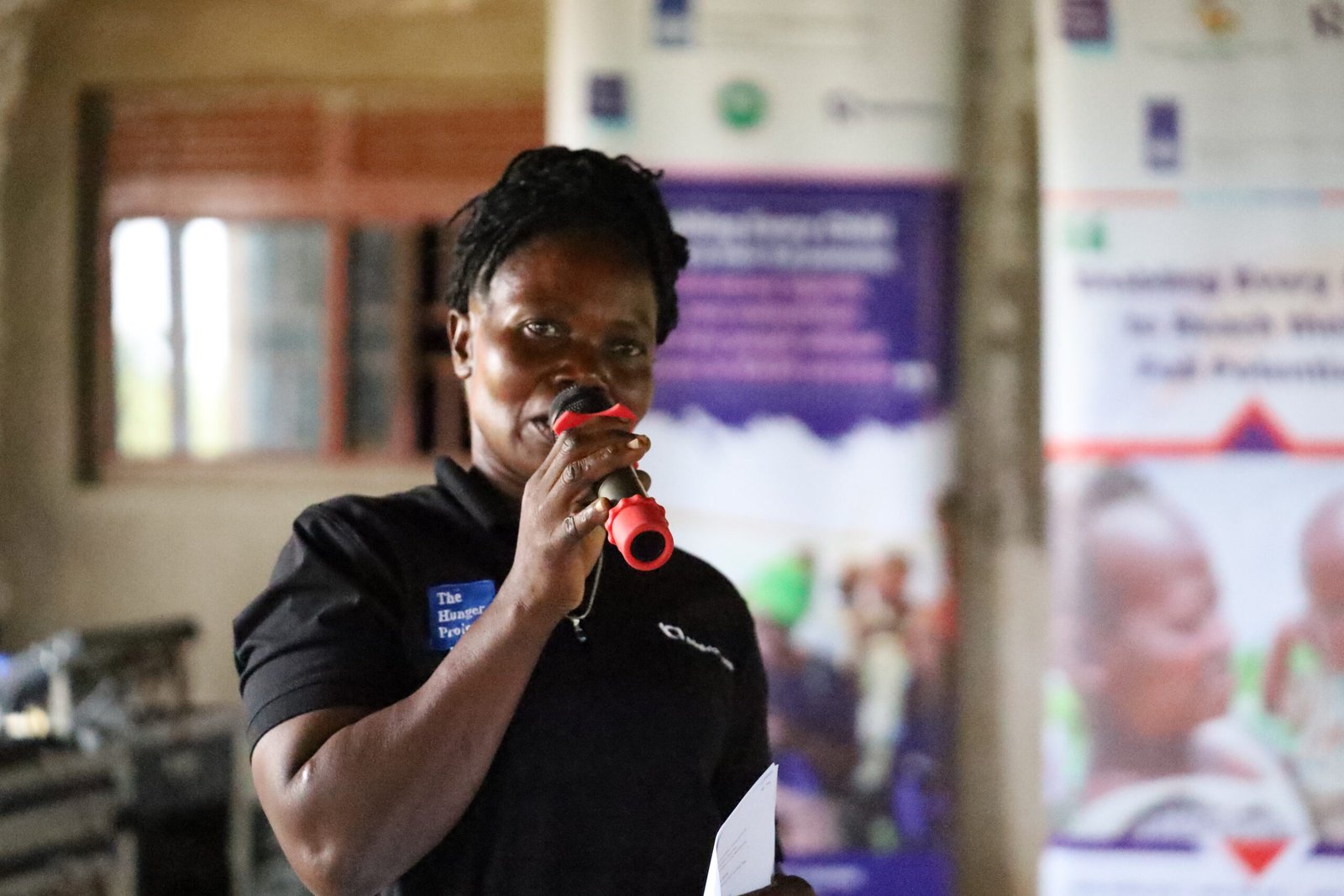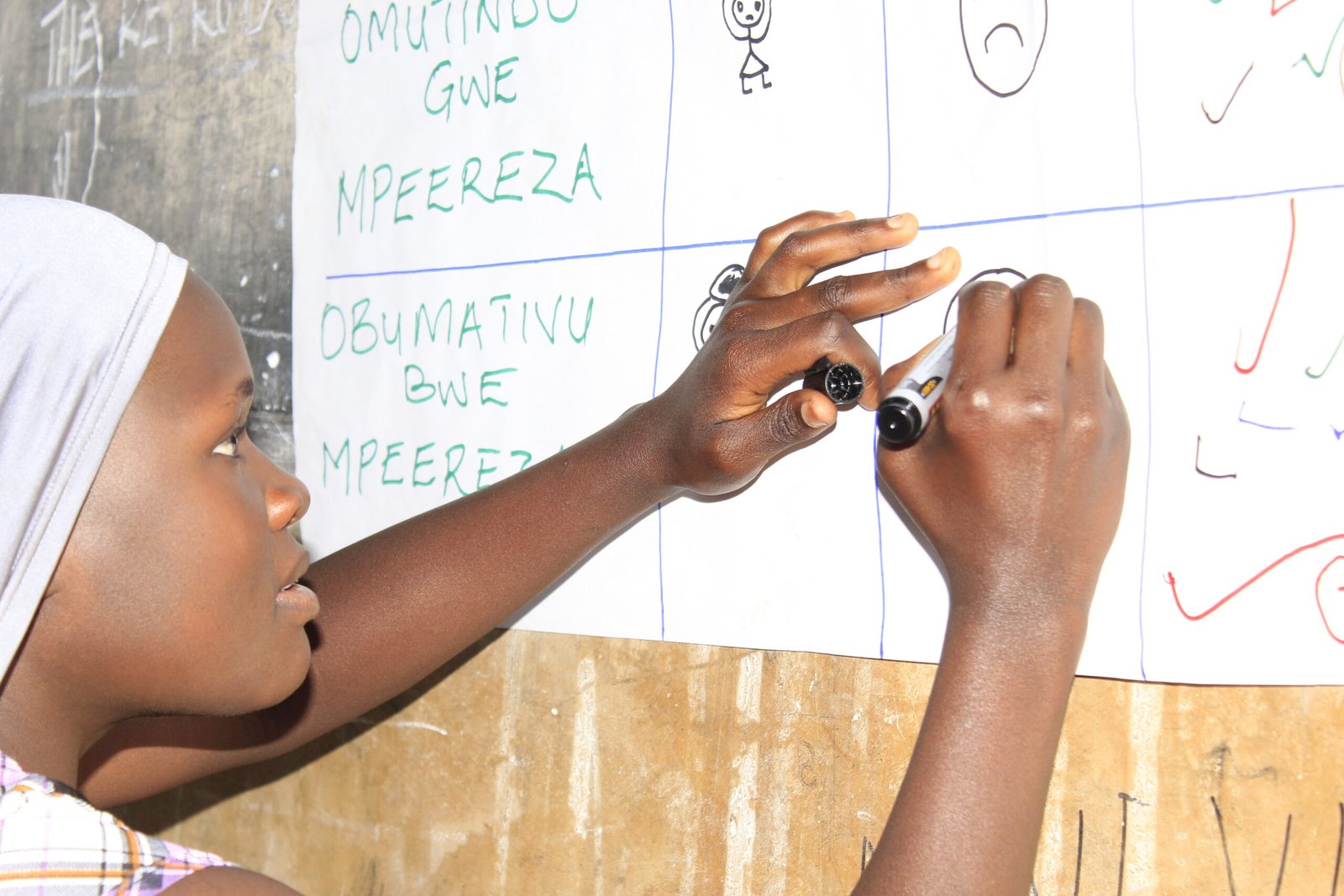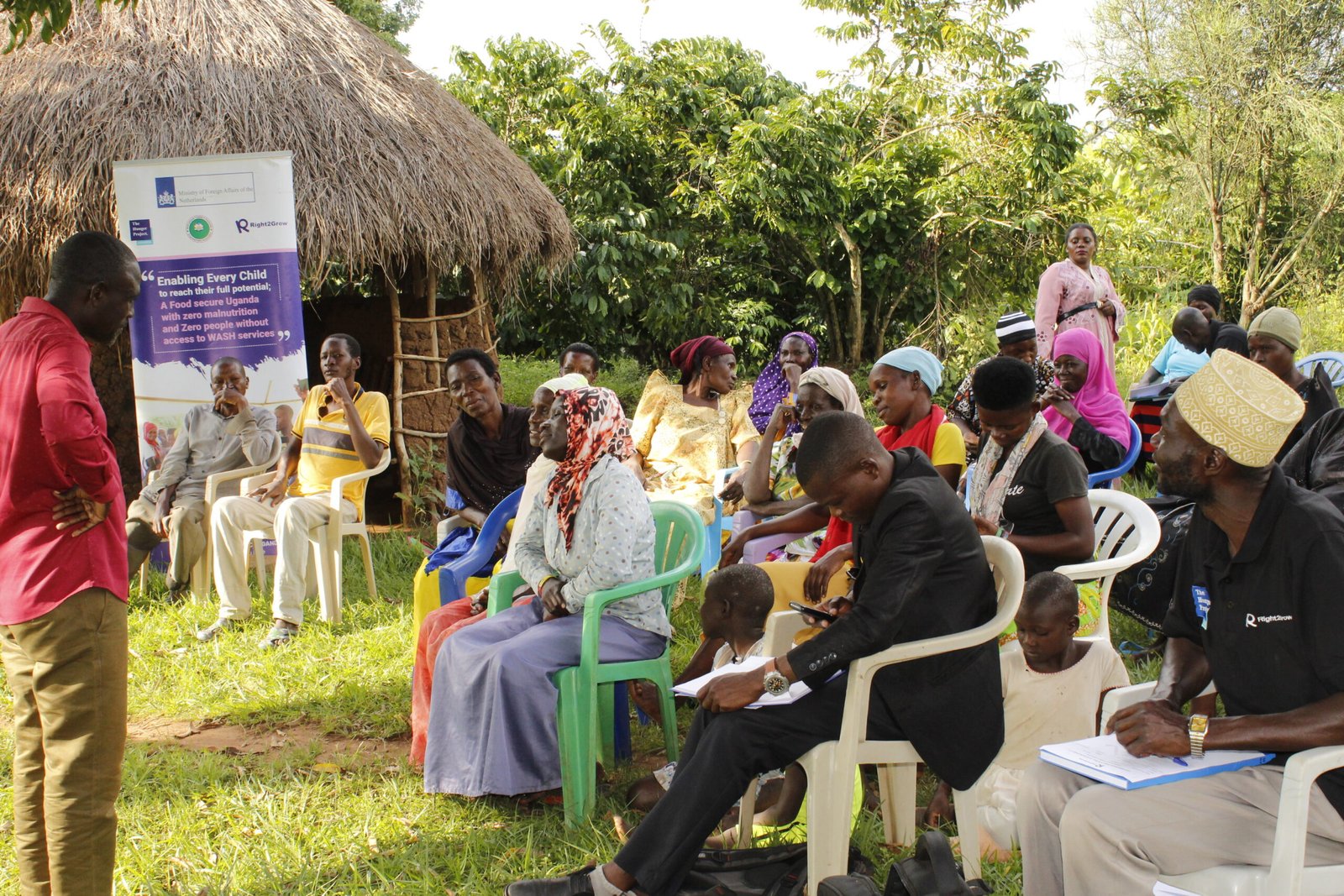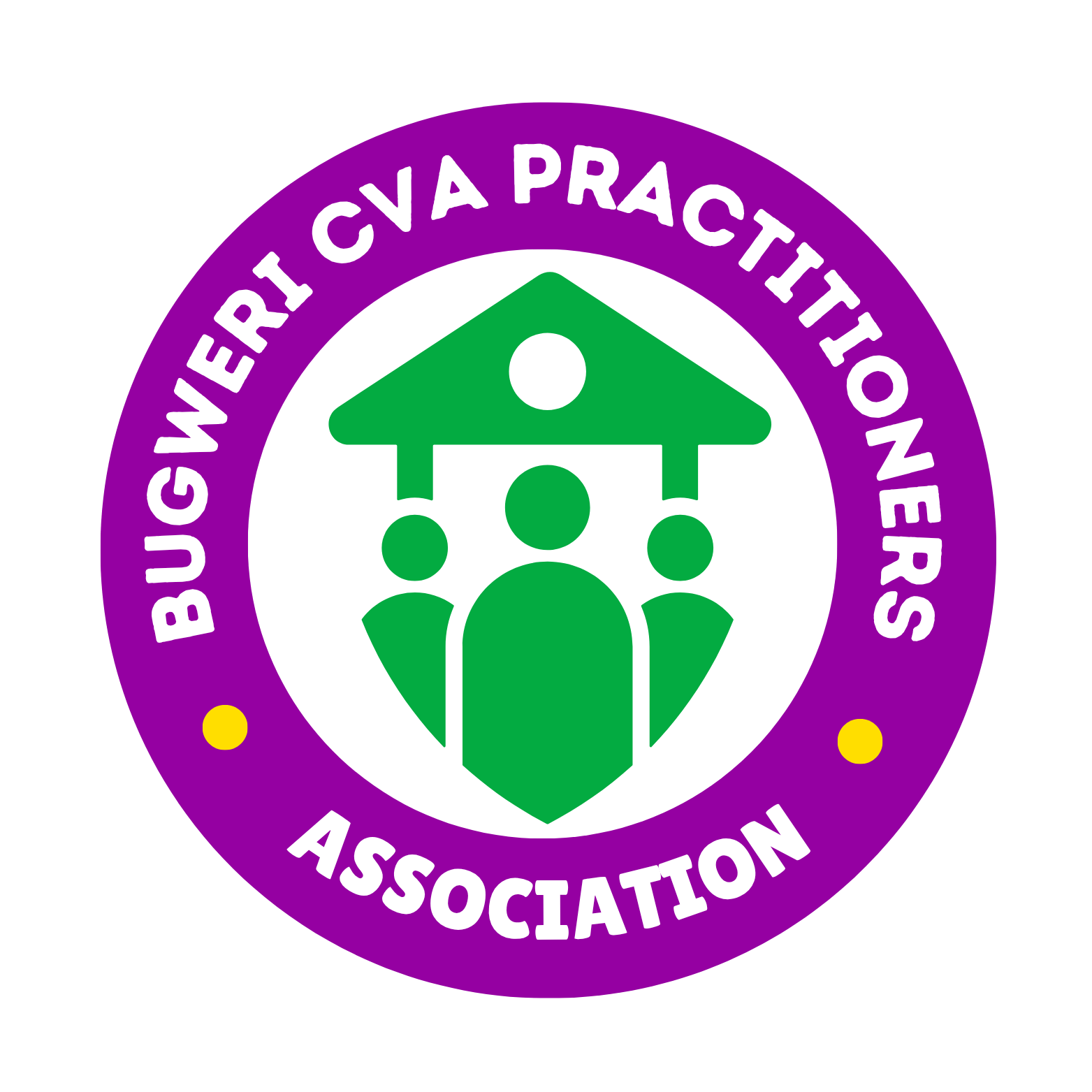Who We Are

Bugweri CVA Practitioners Association
At Bugweri CVA Practitioners Association, we believe in the power of collective action to transform lives. As a community-based advocacy group, we are dedicated to improving nutrition, food security, water, sanitation, and hygiene (WaSH) in Bugweri District through education, monitoring, and advocacy. Our mission is to strengthen community voices, hold leaders accountable, and ensure that development programs truly benefit those who need them most. By working together with community members, government agencies, and development partners, we strive to create lasting, positive change.
OUR VISION
A transformed and empowered community with improved service delivery in nutrition, food security and WaSH.
OUR MISSION
To advocate for better service delivery through community mobilization, education, and documentation of key issues affecting Bugweri District.

OUR MOTTO
“Voice for Change, Action for Development.”
OUR GOAL
To enhance community participation in governance and development programs for sustainable livelihoods.
OUR CORE VALUES
- Transparency and Accountability
- Integrity
- Community Participation
- Gender Inclusivity
- Sustainability
AIMS AND OBJECTIVES
- To advocate for improved service delivery in nutrition, food security and WaSH (Water, Sanitation and Hygiene).
- To educate communities on the Community Voice and Action (CVA) methodology and other approaches that enhance community participation in development programs.
- To monitor and document service gaps in communities and forward findings to relevant authorities for action.
- To promote economic empowerment among members through savings, credit schemes and income-generating activities.
- To strengthen community engagement in governance and decision-making processes.

